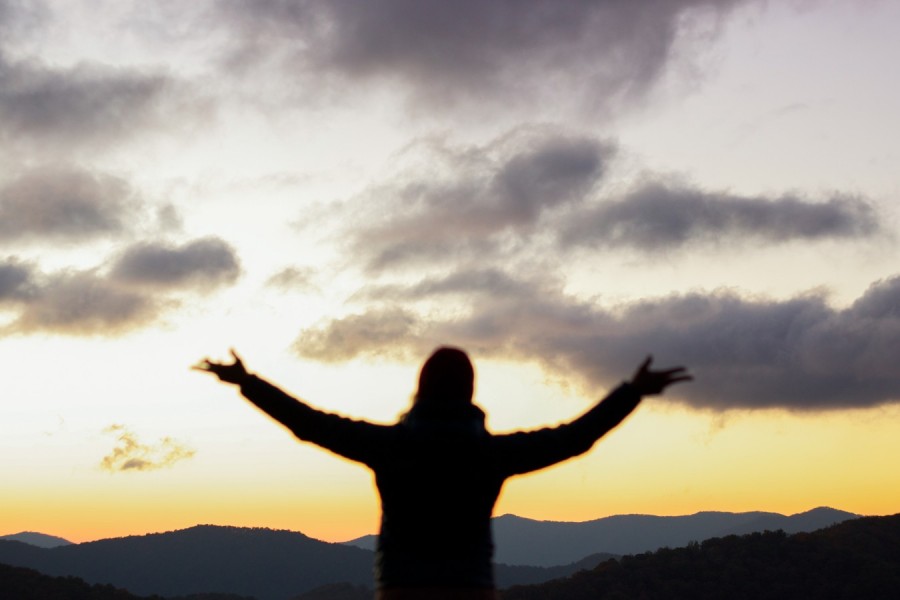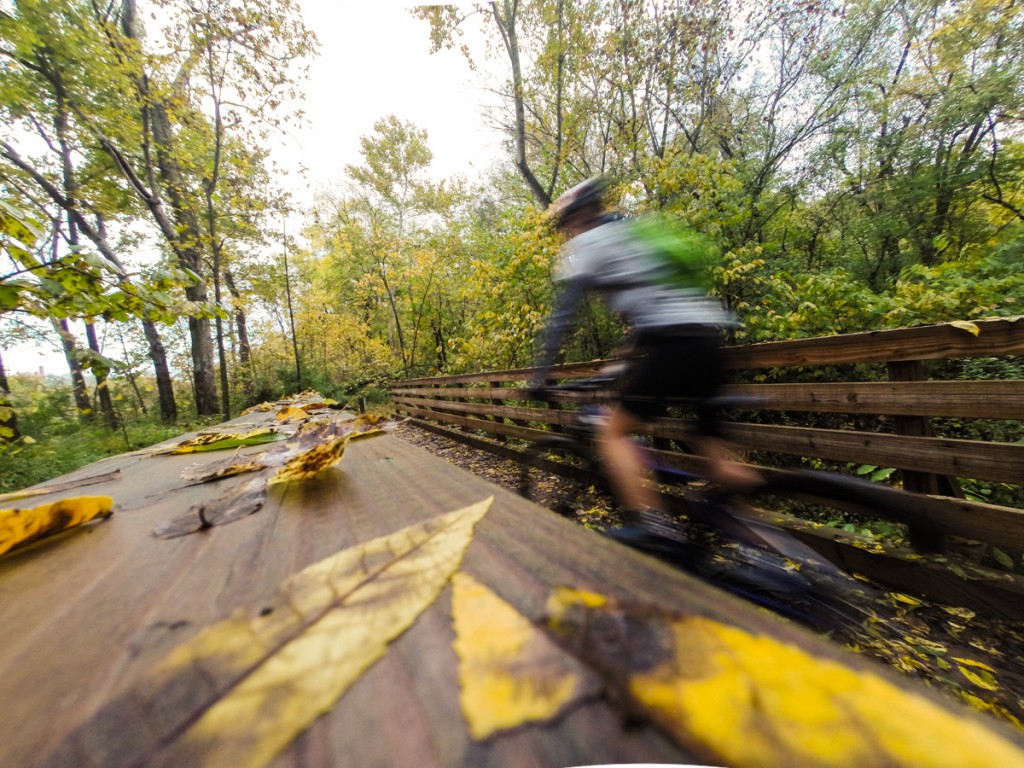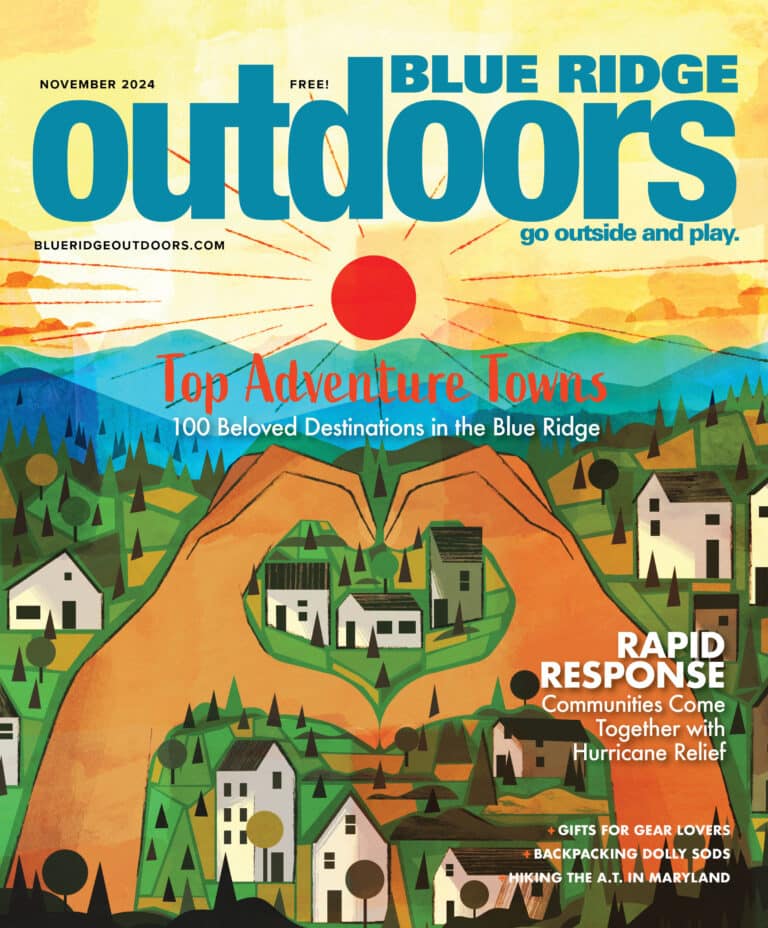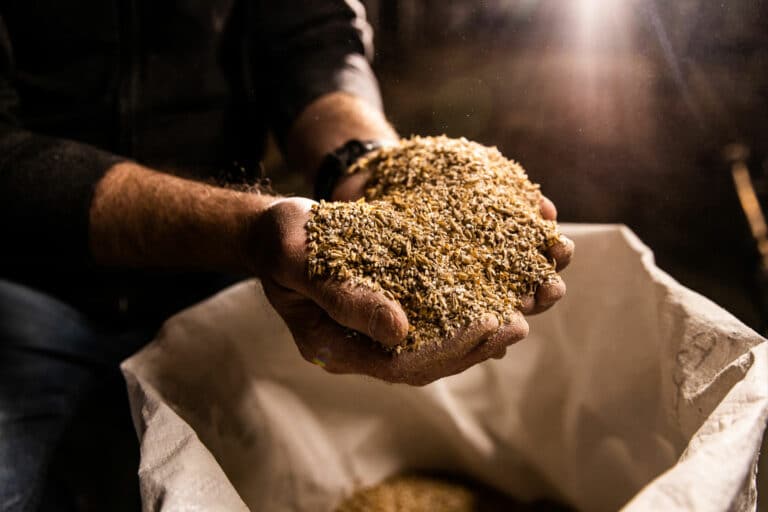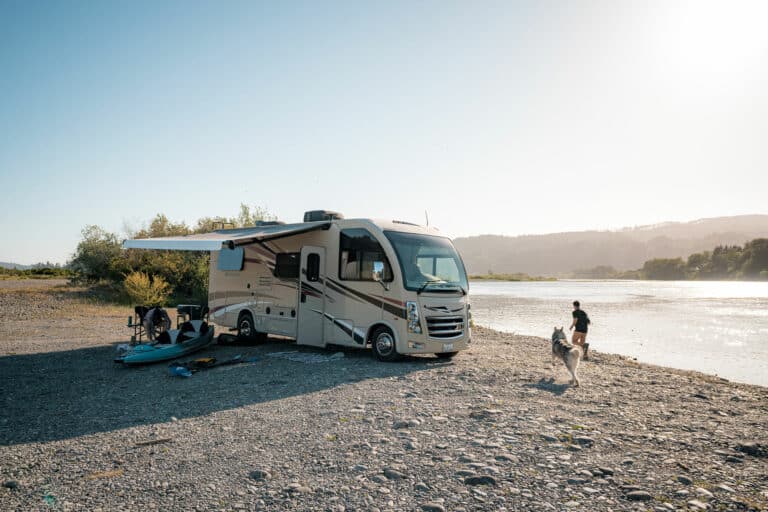When I was younger, I remember blowing on eyelashes and dandelions, soaking in the trails of shooting stars, hoping, wishing, that one day, I might make a difference in this world. Cliché as it might have been, “making a difference” meant, to me, bringing about drastic change like solving world hunger or ending homelessness. It never seemed like a realistic vision, an obtainable wish, but I wished it nonetheless.
I haven’t entirely let go of that dream, but I have to admit, I’ve put world peace on the back burner. I mean really, what’s the chance I’ll bring about any progress in that realm by writing on kayaking and climbing access and taking pictures of people camping? Slim to nothing.
But recently I received an email from a Richmond-based reader that made me revisit that idea of “making a difference.” His name was Bob, and he works as the Executive Director for the Virginia College of Emergency Physicians. In this month’s issue, I wrote articles on two topics I feel very passionately about – the necessity of free play and the importance of saving the wild within. Bob wrote this in response to my piece on play:
Jess, your “The Necessity of Play” article was excellent and struck a nerve. I represent seven hundred American Board of Emergency Medicine certified emergency medicine physicians in Virginia. Their fast paced, high-speed decision making requirements of their world puts them near the top in jobs that sure could use more play time. I plan to incorporate some of your information developing new programs that will help the emergency physicians address the growing challenges of balancing work and play in their environment. Plus, as a new grandparent, I will be more conscious of free play opportunities with my kids and their kids.
Thank you,
Bob
When I read his words, I found myself revisiting those long nights I spent as a kid, perched on the roof of my parents’ garage staring at the stars or blowing countless eyelashes into the wind with a wish. The world seemed so vast then, and I seemed nothing more than a mere dandelion seed, one of billions in the world. Though I didn’t know how I could make a difference, or what making a difference even looked like, I knew I wanted to have some meaning in my work beyond a paycheck.
Thanks to Bob’s kind words, I now realize that, though my concept of making a difference was a bit skewed at that age, I wasn’t far off in thinking I would have some purpose in this world. I can make a difference, I decided. Sure, my article on why we should all go outside and play certainly doesn’t help our battle against global warming, nor does it stir up any intellectually engaging points on the issue of ebola or human rights or raising the poverty line. But it does address something we can all relate to, the self-inflicted pressures of everyday life, the responsibilities that come with age, and the humbling reality that time does not stop to wait for us but speeds along at an increasingly faster pace with ever year.
Making a difference doesn’t need to affect hundreds of thousands of people. It doesn’t even need to affect 10. Whether Bob was the only person who read my article or not matters little to me – the fact that my words “struck a nerve” and inspired him to implement my ideas into his life and the lives he oversees are the only things I care about.
If you’ll remember the saying at the beginning of The Butterfly Effect that sums up the Chaos Theory, it reads,
“It has been said that something as small as the flutter of a butterfly’s wing can ultimately cause a typhoon halfway around the world.”
And that’s where I think the majority of us shaker-movers fit in, between the fluttering wings of a butterfly. Making a difference can be as small as how you decide to spend your lunch break, or opening the door for someone instead of letting it close behind you. It can be picking up a piece of trash every day (or a bag a day, if you’re Just Bill), or choosing to buy a local farmer’s sweet potato instead of one grown overseas.
By writing an article on the necessity of play, maybe Bob will require his employees to take 10 or 15 minutes a day to disconnect entirely. Maybe they’ll hit the basketball court or throw a frisbee at a park nearby and rediscover some childhood hobby they’d long abandoned. Maybe Bob’s grandchildren will carry their youthful sense of wonder into adulthood and pass down that importance of imagination and curiosity to their children.
What I’m getting at here is that we can all make a difference, no matter the scale. Sometimes I feel incredibly spoiled to be working for a magazine that lets me “live outside and play” full time. But perhaps though my ramblings, no matter how often I hear people ask “so when are you going to get a real job?”, I can inspire others to step outside the office for a bit and reignite that awe for the natural world that consumes us when we’re small but which we lose sight of as we grow another year older.
